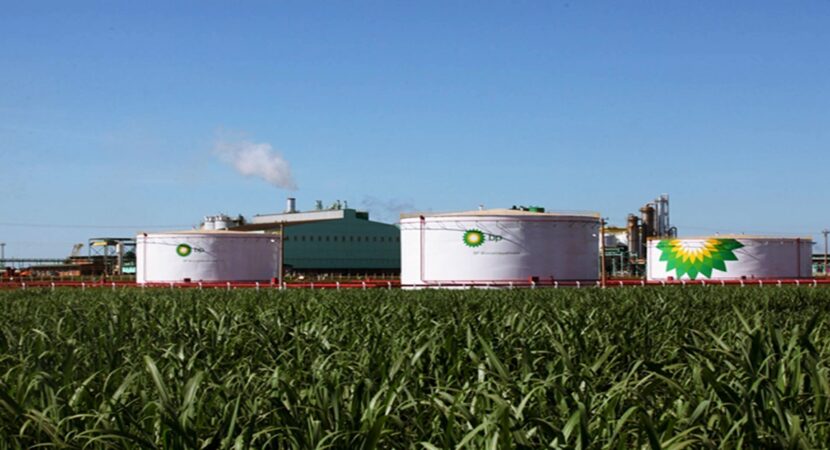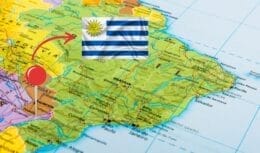
Mills can allocate more or less cane to make sugar or ethanol, depending on which product offers the best return, says BP Executive President Bunge Bioenergia
The British BP announced that it wants to considerably increase the production of energy from renewable sources. Despite the company targeting ethanol in Brazil, due to the pandemic, it is sugar production that has paid the oil company's bills. Are you looking for a job? Contracts in Macaé, RJ and SP of the oil multinational Baker Hughes demand many job openings today, October 14
Read also
- 200 jobs in Brazil generated through the deployment of photovoltaic solar energy
- ANP wants to facilitate the direct sale of Ethanol by easing restrictions on the sale of biofuel in Brazil
- Petrobras breaks high fuel prices; despite the readjustment, gasoline and diesel at refineries represent less than half of the final consumer price
With the crisis caused by the new coronavirus, where the population had to comply with a quarantine regime, the circulation of cars drastically reduced and therefore the demand for ethanol, and made sugar give a higher return than biofuel, which should drop in 10% this year in Brazil.
In Brazil, the world's second largest producer of ethanol after the US, the sector was also hit by the gasoline price cap for seven years, which hurt demand.
According to Mario Lyndenhayn, responsible for BP's operations in Brazil, the British company currently manages 11 sugar and ethanol plants in the country together with the American agribusiness giant Bunge. This means that the joint venture was forced to turn more cane into sugar at the expense of biofuel production — and within the first year of operation.
In September, the company promised to reduce oil and gas production by 40% over the next decade and multiply renewable energy production by 20. Brazilian ethanol is key to achieving this goal.
“Sugar prices in reais have jumped to a very attractive level for mills in Brazil,” said Geovane Dilkin Consul, CEO of the joint venture, in an interview with Bloomberg. This move allowed the industry “not to suffer too much”.
Mills can allocate more or less cane to make sugar or ethanol, depending on which product offers the best return. While most of the sugar is exported, ethanol supplies the domestic flex-fuel car fleet.
BP guarantees profit from sugar
In order to guarantee profit from sugar, the oil company BP entered into hedge contracts for the entire current crop at an almost record price in reais. For next year's crop, guaranteed contracts were at a 10% higher price.
When buying sugar and ethanol plants, the multinationals focused too much on industrial assets rather than the quality of the cane fields. “Our learning curve was painful,” added Lyndenhayn, who also serves as executive chairman of BP Bunge Bioenergia.
Still, BP is targeting Brazilian ethanol. A j plans to spend more than R$1 billion on sugarcane fields and an additional R$200 million on industrial assets. The joint venture intends to save around BRL 1 billion in three years by capturing synergies.












